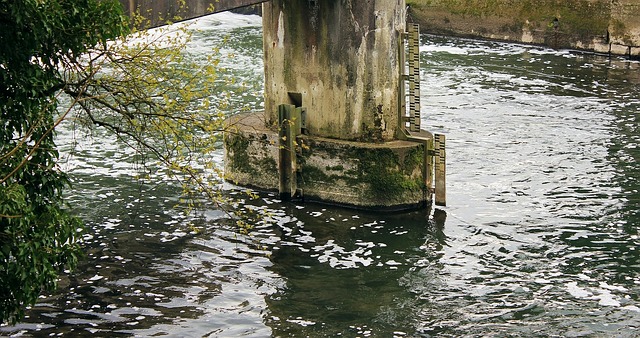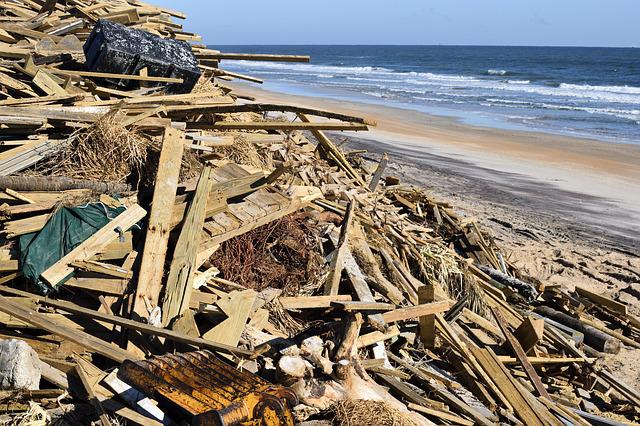
The 2024 BDO Nonprofit Benchmarking Survey Is Out
10.17.2024 | Linda J. Rosenthal, JD

We reported over the summer about Trinity Lutheran Church of Columbia v. Comer, “one of the most important rulings on religious rights in decades.”
There, Chief Justice John Roberts, writing for a 7-2 majority, explains that the Free Exercise Clause of the First Amendment “…protects religious observers against unequal treatment,” and rules that a state “may not deny a church an otherwise available public benefit or payment because of its religious status.”
The Trinity Lutheran case involves a Missouri program granting financial assistance to preschools for repaving their premises with a bouncy material that is much safer than asphalt for young children. A church-affiliated preschool applied for this aid but was refused. The federal district court and the appellate court upheld the denial. The Supreme Court reversed.
Justices Ginsburg and Sotomayor wrote powerful dissents, and there has been some serious criticism by legal commentators of the majority’s holding. There is also a quirk in this case that is unique to Missouri state law.
There already a new wave of lawsuits – and more expected – in which plaintiff-religious organizations will seek to take advantage of this new legal precedent. They arise from the violent hurricanes affecting Texas, Florida, and U.S. territories in the Caribbean and requests for Federal Emergency Management Agency (FEMA) relief.
Historically, FEMA has “… denied disaster assistance funds to countless houses of worship in the wake of disasters like Hurricane Katrina and Superstorm Sandy, including a Jewish Chabad, a homeless shelter church ministry, and a Unitarian Universalist church.” At the same time, “FEMA gave aid to an octopus research center, a botanical garden, and community centers that provide sewing classes and stamp-collecting clubs.”
Under FEMA rules, requests for aid ordinarily must be made within 30 days after a disaster. Already, “in Harvest Family Church v. FEMA, three small Texas churches damaged by [Hurricane] Harvey are challenging a FEMA policy that bans them from applying to its relief program simply because they are religious.” Other nonprofits, “such as museums and zoos, qualify for FEMA’s relief programs to help make basic structural repairs and begin rebuilding,” while “churches, synagogues, and other houses of worship are denied access to grants.”
The lawsuit reads: “The churches are not seeking special treatment; they are seeking a fair shake. And they need to know now whether they have any hope of counting on FEMA or whether they will continue to be excluded entirely from these FEMA programs. If the Churches were to cease all religious activity in their houses of worship, those buildings would become assistance-eligible.”
“This issue is not exclusive to Christian churches,” according to a news story in The Jerusalem Post. “ Jewish groups are taking opposing sides on whether the devastation of Jewish institutions from Hurricane Harvey should make them eligible for FEMA funds. Groups on the Jewish right, led by the Orthodox Union, have been lobbying the government for a change in the exclusion of houses of worship. They are being met with opposition from the Jewish left, who are coordinating with interfaith coalitions to keep taxpayer funds from supporting religious organizations.”
The news account continues to explain the legal background: “FEMA, like the rest of the federal government, is prevented by the First Amendment from steering taxpayer funds to houses of worship.” According to Rabbi Jack Moline, president of the Interfaith Alliance: “While there is an understandable temptation to provide public funds to houses of worship in the aftermath of a natural disaster, it’s a temptation we must resist…. The underpinning of religious liberty in America is the separation of church and state. Steering public funds to houses of worship clearly violates constitutional boundaries between the two and would open the door to government interference in the affairs of houses of worship.”
This issue of eligibility for FEMA disaster relief is – and will continue to be – a matter of urgency for houses of worship devastated by natural disasters. The government has indicated it is aware of these new lawsuits and is considering the matter for a possible speedy resolution one way or another.
– Linda J. Rosenthal, J.D., FPLG Information & Research Director
